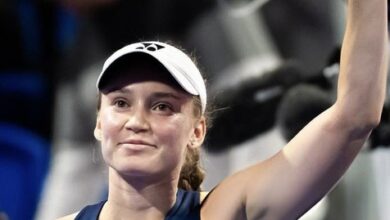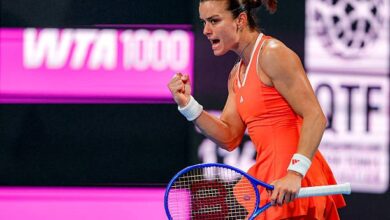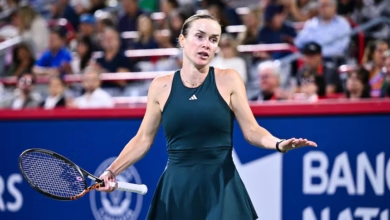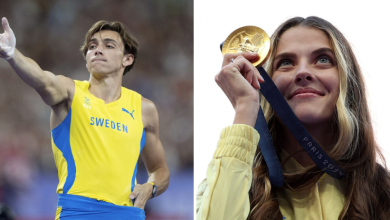Nigeria’s Loss, World’s Gain: The Exodus of Athletic Talent
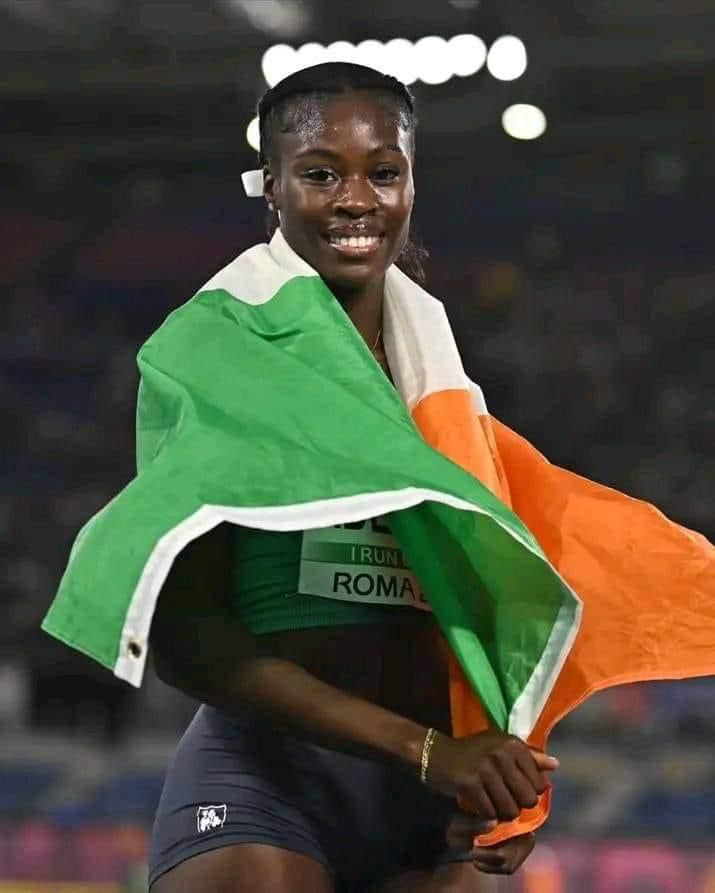
Nigeria, as a nation, is renowned for having good athletics, but at the moment is dealing with the increasing trend of its talents representing other countries on the global stage.
While this phenomenon is not exclusive to athletics, the sport has been particularly affected.
One glaring example is Rhasidat Adeleke, a sprinter with Nigerian roots who now competes for Ireland. The Dublin-born athlete has taken the sporting world by storm and surpassed national records across multiple distances.
Adeleke holds the Irish national records for the 100m, 200m, and 400m, with impressive times of 11.13s, 22.34s, and 49.07s respectively. This rise has earned her the title of Ireland’s fastest woman ever.
Another Nigerian-born athlete making waves for a different nation is Nathan Allen, a hurdler with Nigerian heritage, but now a standout performer for Jamaica. His speed and technique have made him a formidable force on the international stage.
Similarly, Divine Odudje, originally from Nigeria, has represented the United States with good performance. His powerful sprints have earned him a reputation as one of the world’s top sprinters.
While these athletes are undoubtedly bringing pride to their adopted countries, their stories expose the challenges faced by Nigeria in retaining its athletic talent.
Factors like inadequate infrastructure, bureaucratic hurdles, and limited financial support, have contributed to this exodus.
As the world watches Nigeria’s stars shine on foreign fields, questions linger about the steps being taken to stem this talent drain and optimize the nation’s athletic resources.


